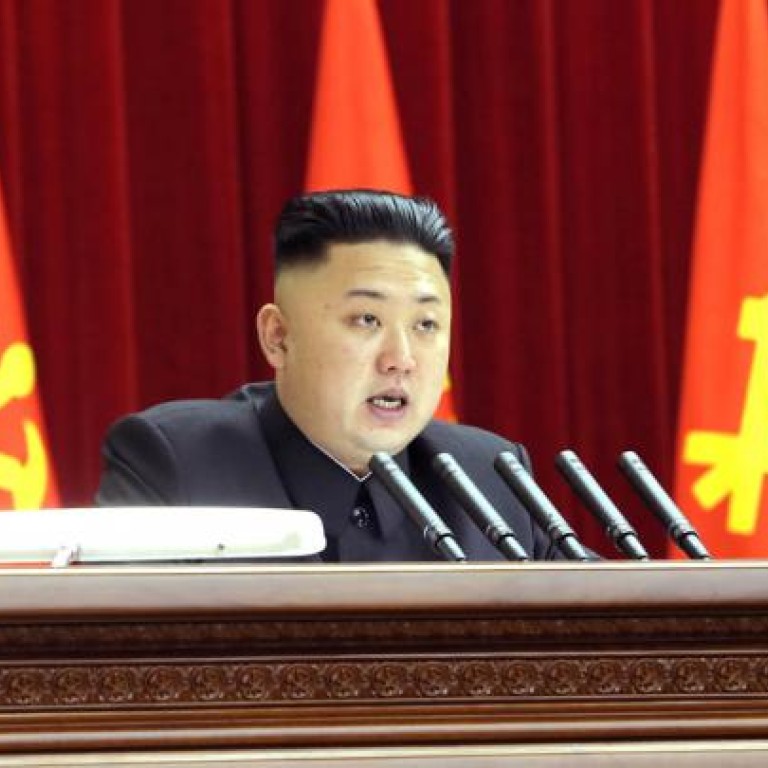
China's limited influence over North Korea
North Korea has been causing crises since the end of the Korean war 60 years ago. Northeast Asia hoped a cycle of provocation and demands would end with young dictator Kim Jong-un taking power, but he has proven even more antagonistic than his late father and grandfather.
North Korea has been causing crises since the end of the Korean war 60 years ago. Northeast Asia hoped a cycle of provocation and demands would end with young dictator Kim Jong-un taking power, but he has proven even more antagonistic than his late father and grandfather. More nuclear and missile tests seem likely, and not since 1994, when the North and the US were on the brink of war, has conflict seemed so close. With Washington refusing to accede to Pyongyang's demand to directly talk, the North's ally, China, is under intense pressure to force a climbdown.
The thinking is that there is no better-placed government than China's to bring Kim's regime to heel. North Korea's oil and, by some estimates, 80 per cent of its consumer goods and 45 per cent of its food, come from China. If push comes to shove, Beijing could exert the utmost pressure by shutting off essential supplies, the reasoning goes. But those contending Beijing holds the key to a lasting peace on the Korean Peninsula overestimate Chinese influence and ignore the realities.
China is as worried as the US, South Korea and Japan about the North's belligerence and threats. President Xi Jinping, in a keynote address to the Boao Forum on Sunday, said there would be zero tolerance of regional troublemakers, an echoing of comments the day before by Foreign Minister Wang Yi to UN secretary-general Ban Ki-moon. Chinese support for recent UN resolutions against the North and its leading efforts for denuclearisation prove its desire for peace. But there are differing views within the nation as to how this is to be achieved, with a growing chorus for setting aside the usual quiet diplomacy in favour of being more strident.
But Beijing being closer than other countries to Pyongyang does not mean it can treat the North as a puppet. China's requests for the North not to go ahead with its tests have been defied. So have its calls for a resumption of the denuclearisation talks, which the North walked out of three years ago. China cannot do more. Cutting aid, food and energy would risk the North imploding, creating a huge refugee and economic crisis.
With militaries on alert, the possibility of a miscalculation leading to all-out conflict is high. China has taken the initiative by calling talks in Beijing this weekend with US Secretary of State John Kerry. China can help find a resolution, but it is limited in what it can do. If there is to be a lasting peace, it is the US, not China, that has the biggest role to play.

